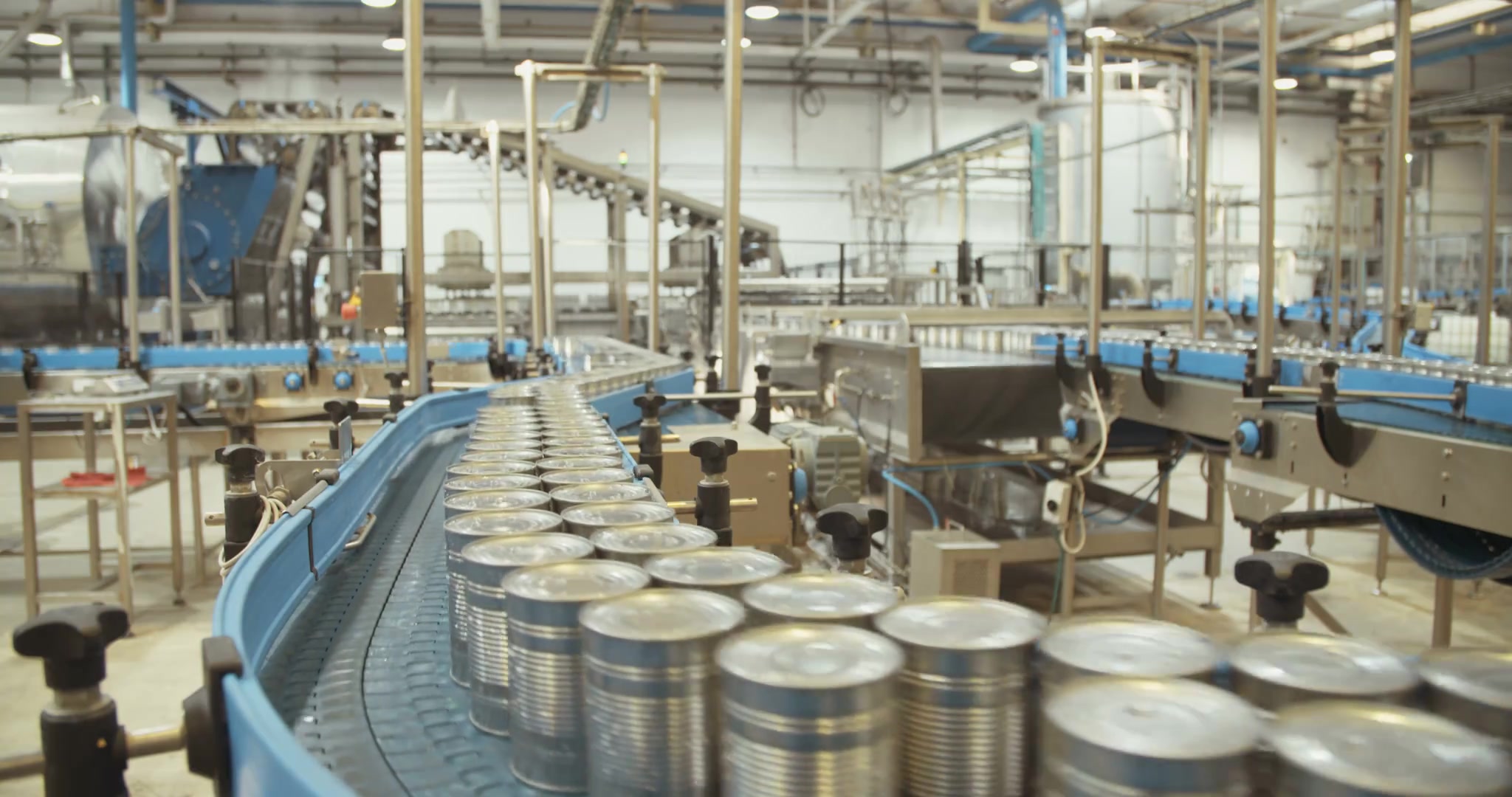Execution breaks when the shop floor runs on disconnected systems.
When work isn’t controlled at the point it happens, teams rely on memory, workarounds, and after-the-fact fixes. The result is scrap, delays, and audits that take far too long.
Stop firefighting. Run controlled execution—end to end.
iMonitor gives your team one place to run the work: guided steps, in‑process checks, automatic proof, and full traceability from receiving to shipping. That means fewer surprises, fewer errors, and a lot less rework.Select a department to see how operators, supervisors, and leadership get the information they need.
Impact ranges are directional estimates and vary by process maturity, scope, and adoption.
- One guided view of the run: steps, checks, and targets in the right sequence.
- In-process validation so mistakes get caught at the step, not at the end.
- Faster, calmer changeovers with repeatable line-clearance and setup checks.
- Real-time status of each batch/run (where it is, what’s blocking it, what’s overdue).
- Exceptions surfaced with context and evidence so interventions are quick and targeted.
- Consistent execution across shifts and lines, easier onboarding, fewer workarounds.
- Improved throughput and OEE from fewer stops, less rework, and faster changeovers.
- Lower cost of poor quality with earlier detection and controlled deviation handling.
- Stronger governance: standard work, audit-ready records, and performance visibility tied to outcomes.
Flexible execution for any plant.
Simple start. Serious scale.
Legacy systems force you to change your process to fit their software. We flipped the script. iMonitor is the flexible layer of intelligence that adapts to your unique workflow, protecting margins and accelerating NPI from day one.
Measured results from production deployments
“With everything indexed and digitally searchable, what conventionally would take hours of rummaging through filing cabinets now turns into a quick, Google-type search.”
From chaos to control in 90 days
We’ve done this dozens of times. Here’s how we’ll transform your operations.
Planning for what's next, now.
Every industrial era changed how factories create value. Industry 4.0 connects systems so decisions can happen faster, with better context.Our job is to help you leverage technology to deliver value to your business into the future.
